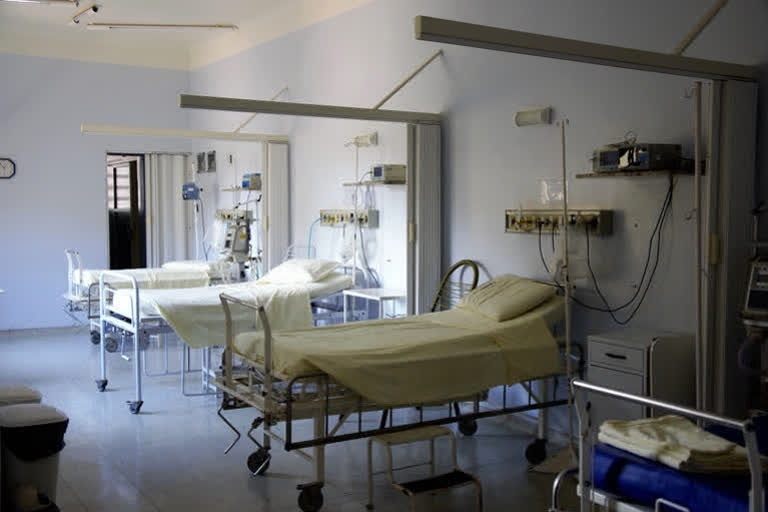Hyderabad: The COVID-19 pandemic, the biggest catastrophe of the century, has been disrupting even those countries with the most robust medical care.
It goes without saying that India, with its rickety healthcare system, is recording an alarming number of fresh cases every day. A parliamentary panel on COVID-19 found India's response to the pandemic ineffective besides pointing out that the global emergency exposed the shortcomings of the country's health system. In addition, it underlined the abysmally low healthcare spending of the government.
The panel suggested the Centre increase its investments in the public healthcare system to achieve the National Health Policy targets of expenditure up to 2.5 per cent of GDP within the next two years. It recommended distributing coronavirus vaccine at a subsidized rate and establishing Indian Health Service (IHS) similar to IAS.
The 15th Finance Commission has set a target of increasing the expenditure on healthcare to 2.5 per cent of GDP by 2025 from the actual 1.15 per cent. An RBI report showed that the next few years could be tough for some states that are already neck deep in debt. The 15-FC proposed the state governments come forward for collective healthcare expenditure.
At a time when the country has a shortfall of six lakh doctors, 20 lakh nurses besides an acute shortage (20 to 30 per cent less than the World Health Organization norm) of Primary and Community Health Centers, the government must be looking at countrywide health reforms to realise the dream of 'Swasth Bharat'.
Read: 'Home isolation could have spiked serious COVID19 cases in Delhi,' Expert
In 1978, the member countries of the WHO accepted the primary healthcare approach as the key to achieving the goal of "Health for All", a goal that needed to be attained by every person in the world by the year 2000. Though the US, France, the UK, Germany and Italy spend more on healthcare than on national defense; these nations are struggling to grapple with the pandemic.
The Bhore Committee (1946) led by Sir Joseph Bhore, undertook a health survey to assess the health condition of India. The committee's report laid out a proposal for a national program of health services in India and stressed the importance of preventive care. The committee's recommendation of allocating 1.33 per cent of GDP for healthcare spending was met with severe opposition.
Though the Minimum Needs Program (MNP) was introduced during the 70s, the scheme fizzled out owing to a fund crunch. Researchers have warned that future pandemics will be more frequent and deadlier than COVID-19, which calls for a change in the government's approach to healthcare. The World Bank recently cautioned that India had a critically low testing and tracing rate.
Taking lifestyle diseases, climate change, air pollution and rapid urbanization into account, the government must focus on extensive healthcare policies. The central and state governments must work in coordination to increase public health awareness and systemically expand medical services.



